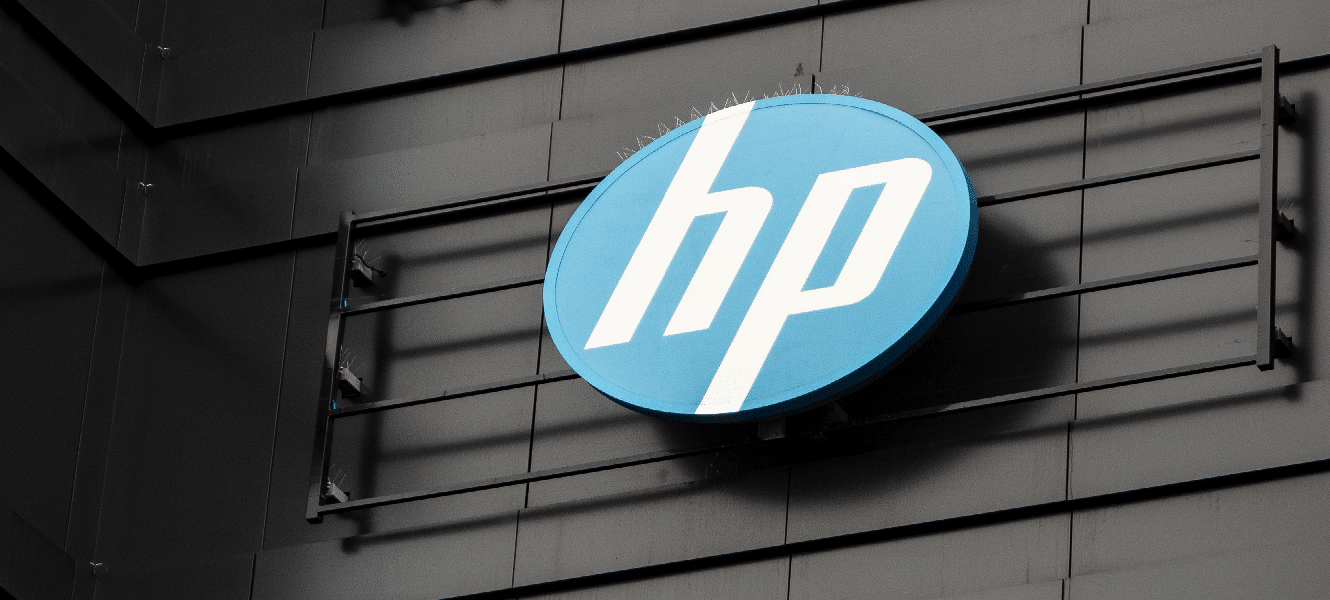As we step into the gripping legal face-off in the tech universe, the story of Mike Lynch and the software company he founded, Autonomy, takes center stage.
This battle involves Lynch, a leading figure in UK technology, and the global pc hardware powerhouse, Hewlett-Packard (HP), and it’s more than just a legal dispute. It’s a tale of how ambition and innovation can lead to complex challenges. Autonomy was a beacon of British innovation, but now finds itself at the heart of a heated courtroom drama with HP.
This article dives into the rise of Autonomy, its significant impact on technology, and the intense legal struggle that has the tech and business worlds watching closely. We’re taking you inside this high-stakes legal battle, where innovation clashes with corporate giants, highlighting a pivotal moment in the tech industry.
The Visionary Behind Autonomy
Mike Lynch is widely recognized in the tech world for his groundbreaking work and is seen as a pioneering force behind Autonomy, a company that showcased the best of British tech innovation. Starting from humble beginnings, Lynch’s career is a story of ambition and achievement as he made his way through the tech industry’s complexities.

Founded in 1996, Autonomy quickly became one of the UK’s leading tech companies, celebrated for its sophisticated software that could interpret unstructured data — an innovative achievement at that time. This breakthrough not only advanced Autonomy but also established Lynch as a leading figure in the fields of artificial intelligence and data analysis, earning international acclaim.
With Lynch at the helm, Autonomy’s value skyrocketed, demonstrating the strength of British creativity in the global tech scene. His journey, from his academic days at Cambridge to creating a tech powerhouse, is defined by a continuous drive for innovation, paving the way for Autonomy’s eventual and controversial sale to HP. This deal would eventually lead to a series of legal disputes and charges against him.
HP’s Strategic Pivot
Prior to acquiring Autonomy, HP faced significant challenges, including leadership changes and the pressing need to expand beyond its traditional hardware and printer businesses. The tech industry was evolving rapidly, with the rise of smartphones and digital services reshaping customer expectations.
Leo Apotheker, then CEO of HP, recognized the need for a strategic transformation. Leveraging his background in software, Apotheker envisioned HP’s future in the software sector, aiming to position the company as a leader in emerging digital and cloud computing markets.
Autonomy, renowned for its innovative software capable of analyzing unstructured data such as emails and videos, emerged as a cornerstone of this strategic shift. Its advanced technology offered HP an enticing opportunity to enter the lucrative software industry without doing the gritty (and extremely expensive) R&D that is usually necessary, promising to propel the company to the forefront of data analytics and management. With its strong market presence in the UK and reputation for cutting-edge solutions, Autonomy seemed like an ideal acquisition, aligning seamlessly with Apotheker’s vision for HP’s transformation.
This strategic pivot, fueled by the potential of Autonomy’s technology, laid the groundwork for one of the most contentious acquisitions in tech history, underscoring the challenges and risks inherent in navigating a rapidly evolving industry landscape.
HP went on to acquire Autonomy, valuing the company at about $11.7 billion. HP executives believed that the acquisition would help transition HP to the future, making Autonomy the cash-cow of the corporation. They couldn’t be more wrong, however, as HP accountants found that Autonomy had been using ‘creative accounting’ (or illegal books-cooking, depending on your definition) to boost the company’s valuation. Almost immediately, HP had to write off nearly half of the value of the company that it had just bought (with at least a $5 billion loss).
Naturally, HP shareholders were rather upset and launched a series of lawsuits against HP which, in turn, sued Mike Lynch (who was no longer the CEO of Autonomy). These lawsuits, filed in UK courts, are still underway but they also sparked a US Department of Justice investigation that led to this particular legal battle.
Legal Battle Lines Drawn
The legal battle between Mike Lynch and HP presents a high-stakes clash between a renowned British technologist and a tech giant. Lynch faces 16 criminal charges, including fraud and conspiracy, which could result in a lengthy prison sentence if proven true.
These allegations revolve around claims that Lynch artificially inflated Autonomy’s financial health and value before its acquisition by HP, leading to an $11 billion deal that HP later regretted deeply. The two sides don’t seem to argue that Autonomy’s books weren’t cooked. However, the defense is mostly arguing that Lynch had nothing (or very little) to do with the ‘creative accounting’ and that he was focused on innovation instead.
Here’s what each side is focusing on:
The Prosecution: Allegations and Evidence
- Federal prosecutors argue that Lynch led a complex fraud scheme to inflate Autonomy’s financial status and market value deliberately.
- They claim Lynch’s actions were not mistakes but a deliberate attempt to mislead HP and investors about Autonomy’s true performance.
- Evidence, including email exchanges, financial records, and witness testimonies, indicates Lynch’s direct involvement in the alleged fraud.
- Complex financial evidence, such as revenue recognition practices and manipulation of key metrics, supports the prosecution’s case.
The Defense: Lynch’s Innovation and Due Diligence Questions
- Lynch’s defense emphasizes his role as a tech innovator rather than a financial manipulator.
- They argue that Lynch prioritized pushing technological boundaries over focusing on financial details.
- The defense questions HP’s due diligence process, suggesting that ambition may have overshadowed scrutiny of Autonomy’s finances.
- They debate whether HP overlooked red flags in Autonomy’s practices due to the allure of its technology and its desperation to diversify.
The Bottom Line
As the legal showdown commences between Mike Lynch and HP, one thing remains clear: the collision of innovation and corporate ambition can lead to unprecedented legal showdowns. While the verdict may sway one way or the other, the lessons learned from this saga resonate across the tech industry.
From visionary breakthroughs to due diligence dilemmas, the Autonomy saga serves as a cautionary tale for business leaders navigating the turbulent waters of tech acquisitions. The story should inspire leaders to push for increased accounting scrutiny for future acquisitions and other kinds of deals.
As we reflect on the rise and fall of Autonomy, one question lingers: in the pursuit of innovation, how far is too far?
